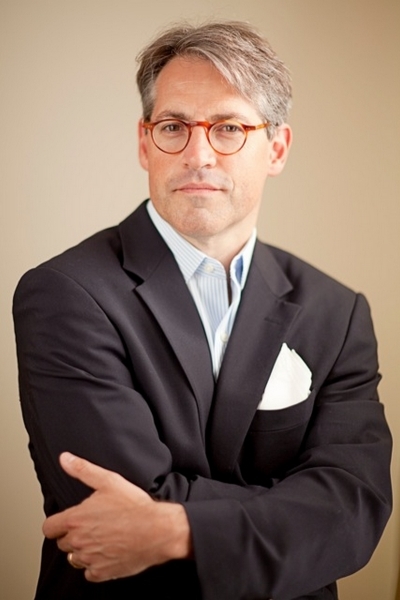Too Much Christmas, Too Little Advent?
The Joy of Anticipation

Advent has been buried under a pile of twinkle lights, plastic reindeer, and the Grinch. Here's why.
Once upon a time there was a little girl who wanted it to be Christmas every day of the year. A fairy granted her wish: every day, for a whole year, it would be Christmas Day.
And what that little girl learned in this funny story by William Dean Howells, is that you really can have too much of a good thing — way too much.
The little girl had a wonderful Christmas, filled with presents and turkey and plum pudding. And the next day, it was Christmas again! The gifts, the turkey dinner, and all the rest of it. After a few months, the little girl, seeing "those great ugly lumpy stockings dangling at the fireplace, and the disgusting presents . . . burst out crying."
By then, writes Howells, "people didn't carry presents around nicely any more. They flung them over the fence, or through the window."
Joseph Bottum relates this amusing tale in his book, "The Christmas Plains," drawing a parallel between the story and the way we celebrate Christmas today.
Even before Thanksgiving, Christmas songs blare from our radios; catalogs arrive even earlier. Department store Christmas trees often go up right after Halloween. After weeks of carols and cookies and parties, Bottum notes, Christmas "arrives as an afterthought: not the fulfillment, but only the end, of the long yule season..."
In effect, we are celebrating Christmas every day, just like the little girl in the story. And many of us get just as sick of this daily "Christmas" as she did, although we don't fling gifts at people, I hope.
Now how on earth did this happen? Well, as Bottum notes, "every secularized holiday tends to lose, in public contexts, the meaning it holds in the religious calendar."
Advent — the traditional lead-up to Christmas — has vanished, culturally speaking. Its disappearance has left "a hole, from Thanksgiving on, that can be filled only with fiercer, madder, and wilder attempts to anticipate Christmas," Bottum writes.
Sadly, he's right. If we want to celebrate Christmas properly — with "disciplined anticipation" as Bottum puts it — perhaps we need to cut back on all the secular celebrations (if we possibly can — they won't go without a fight), and make the observance of the days of Advent front and center in our celebrations.
Advent "proclaims an advent — a time before, a looking forward — and it lacks meaning without Christmas" at the end of it, Bottum explains. Christmas, "in turn, lacks meaning without the penitential season of advent to go before it."
This is why Advent celebrations, both at home and in churches, focus on scriptures that anticipate the coming of Christ.
In Micah, we read, "But you, O Bethlehem . . . from you SHALL come forth for me one who is to be ruler in Israel ..."
And in Matthew, Joseph is told that Mary "WILL bear a son, and you SHALL call his name Jesus . . ."
Things like Advent calendars and crèches that remain empty until Christmas Eve "give a shape to the anticipation of the season," says Bottum. And "a season of contrition and sacrifice prepares us to understand and feel something about just how great the gift is when at last the day itself arrives."
Why not try an Advent devotional to guide you, such as ones by Tim Keller and John Piper? Or check out John Stonestreet's "He Has Come" talks at the BreakPoint podcast. Make an Advent wreath with your children. And take time every evening to gather your family around, light the Advent candles, read the scriptures, pray, and sing some Christmas hymns that anticipate the coming of Christ.
And then when Christmas Day does arrive, we can greet it, not with a sense of relief that the Christmas "season" is almost over, but with joy for the great gift of Christ.
Originally posted at breakpoint.org.





























